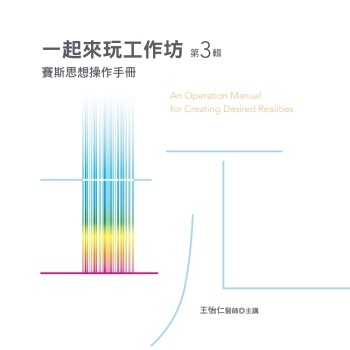Have you ever wondered what makes a good humanitarian organization? How can organizations like the United Nations, the World Bank, and the World Health Organization become more effective in their vital and laudable mission? How can multinational corporations contribute meaningfully to global issues like climate change and poverty reduction? What enables enterprises to grow and develop in challenging settings like the aftermath of a devastating Tsunami? These questions are all related to humanitarian work psychology and have so far been largely overlooked by global development policy and policy makers. Their focus has remained steadfastly macro. Whilst recognizing the importance of grand plans at the macro level, this book is fresh and unique. It reverses the conventional emphasis completely. It marshals contributions by leading-edge thinkers and practitioners globally. What distinguishes, unites and differentiates them from more conventional ideas is a down-to-earth, everyday focus - the workplace. After all, humanitarian work must be well organized to succeed. It depends on the wellbeing and successful performance of humanitarian workers and the organizational structures that support them, as well as the creation and maintenance of decent work for all. These concerns are the essence of Humanitarian Work Psychology.
| FindBook |
有 1 項符合
Humanitarian Work Psychology的圖書 |
 |
Humanitarian Work Psychology 作者:Carr,Stuart C.(EDT)/MacLachlan,Malcolm(EDT)/Furnham,Adrian(EDT) 出版社:Palgrave Macmillan 出版日期:2012-04-11 語言:英文 規格:精裝 / 359頁 / 2.5 x 14.6 x 22.2 cm / 普通級 |
| 圖書館借閱 |
| 國家圖書館 | 全國圖書書目資訊網 | 國立公共資訊圖書館 | 電子書服務平台 | MetaCat 跨館整合查詢 |
| 臺北市立圖書館 | 新北市立圖書館 | 基隆市公共圖書館 | 桃園市立圖書館 | 新竹縣公共圖書館 |
| 苗栗縣立圖書館 | 臺中市立圖書館 | 彰化縣公共圖書館 | 南投縣文化局 | 雲林縣公共圖書館 |
| 嘉義縣圖書館 | 臺南市立圖書館 | 高雄市立圖書館 | 屏東縣公共圖書館 | 宜蘭縣公共圖書館 |
| 花蓮縣文化局 | 臺東縣文化處 |
|
|
圖書介紹 - 資料來源:博客來 評分:
圖書名稱:Humanitarian Work Psychology
內容簡介
|











